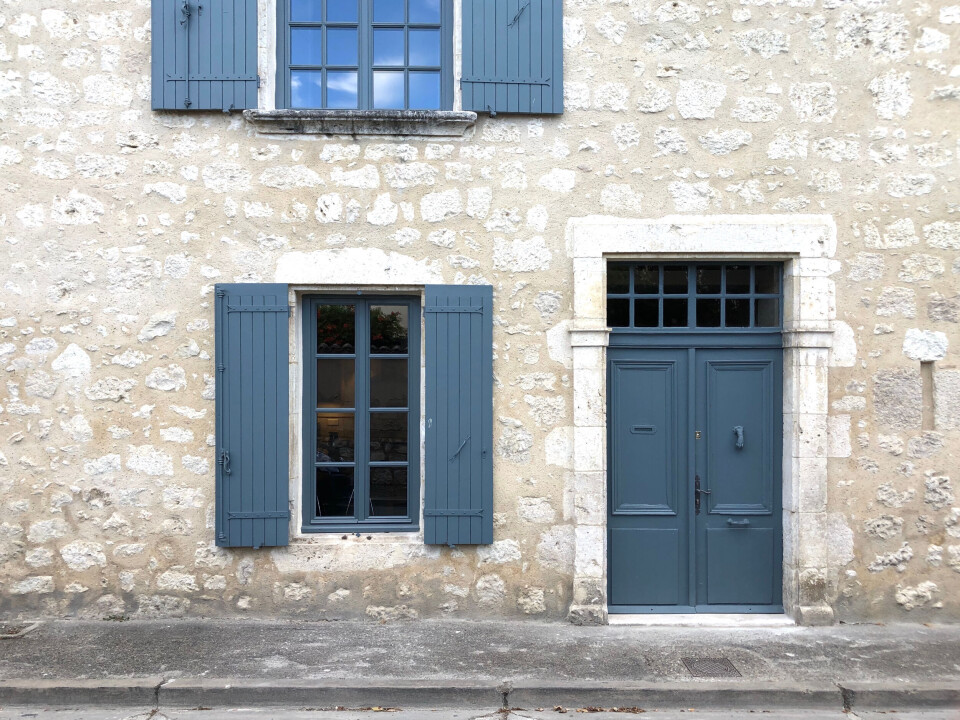-
Repayable-on-death equity release loans open again to non-EU retirees
Products have recently started being offered by bank group again after it paused them in 2019
-
Insurance denied for Britons' French hilltop home due to 'flood risk'
Underwriters decided to end cover linked to alleged proximity to water
-
How is French property faring?: Key points in latest notaire review
Number of transactions is rising year on year
Steep rises for many French taxe foncière bills amid high inflation
The baseline amount for France’s ownership tax is already rising by 3.4%, and towns can decide to apply additional increases to the rates they apply

The 32 million people in France who own a property will for the most part see their general taxe foncière bill increase by at least 3.4% this year, but some communes have also decided to increase the rates they apply, making some homeowner bills rise more than others.
Base taxe foncière bills are recalculated each year based on the amount that the property could in theory be rented out for - this is known as its valeur locative cadastrale (VLC).
This rises with inflation, which has been pushed up by factors such as rising energy bills and the pandemic, and is rising more steeply again this year linked to the war in Ukraine.
On March 10, the European Central Bank estimated that inflation would reach 5.1% in 2022.
At the end of 2021, France’s Insee statistics institute had already estimated that the VLC would increase by 3%.
Read more:Homeowners’ local tax to increase by at least 3% this year in France
However, the Direction générale des finances publiques (DGFIP) tax authority confirmed a 3.4% rise to the values used to calculate this year’s property tax, the highest since 1989.
“For 2022, the annual revaluation coefficient for rental values is +3.4%,” compared to +0.2% in 2021,” the DGFIP announced.
Communes decide their rates
Taxe foncière bills are based on half of the VLC, to which local communes (and in some cases intercommunal bodies) apply a percentage rate, decided on by a vote. This may rise annually, stay the same, or occasionally drop.
As the first communes begin to announce their 2022 rates, a strong upward trend has started to emerge.
“This will have a considerable impact as, when the [local] rate rises at the same time as the baseline, the increase multiplies,” Pierre Hautus, director-general of the Union nationale des propriétaires immobiliers, told Le Parisien.
Some communes have decided to keep their rates at the same level as last year, but others have opted for a rise. In Dijon (Côte d’Or), taxe foncière bills are set to rise by a total of 5%, in Grand Paris Seine & Oise (Yvelines) by 6%, in Annecy (Haute-Savoie) by 8.6%, in Strasbourg (Bas-Rhin) by 12.6% and in Tours (Indre-et-Loire) by 15.3%.
Montreuil (Seine-Saint-Denis), Bayeux (Calvados) and Amiens (Somme) are expected to follow suit.
Communes are justifying their decisions with reasons including inflation and the cost of local investments. In Strasbourg, for example, new projects aimed at furthering the city’s ecological transition, including bike lanes and three new tram lines, are said to be behind the taxe foncière rise.
“This represents an increase of €65 per year for the average individual,” Pia Imbs, president of the Eurométropole de Strasbourg, told Le Parisien.
“It is a marginal cost, and we have estimated that our taxpayers will benefit from €600 in public services over the course of the year.”
The Observatoire national des taxes foncières has estimated that this tax has increased by 11.4% over the last five years – six times more than rent at +2% – and 27.9% in 10 years.
Read more:French property owners’ taxe foncière bills up 27.9% in ten years
Who pays the taxe foncière?
Taxe foncière is paid by property owners, including second-home owners and those who rent their properties out.
Caravans are not subject to the tax unless they are “fixed by masonry.”
As explained above, taxe foncière is based on a theoretical annual rental value calculated by the tax office, called the valeur locative cadastrale (VLC).
This figure, which will probably not bear much resemblance to the actual market value you would obtain if you rented it out, takes into account various factors such as location, quality of construction, local amenities and comfort.
The amount payable therefore varies depending on the value and location of your house, and the rate decided by local authorities.
The tax is paid each year in the autumn, and is billed depending on the property which was owned on January 1.
If you owned a property on January 1 of a given year, you will have to pay taxe foncière for the whole year, even if you then sell the house or flat. Equally, if you buy a property after January 1, the previous owner will have to pay the tax.
Related articles
Are French second home property taxes different for non-residents?
Is taxe foncière local property tax payable on mobile home in France?
Who to contact in France if unable to find past taxe foncière details?
























